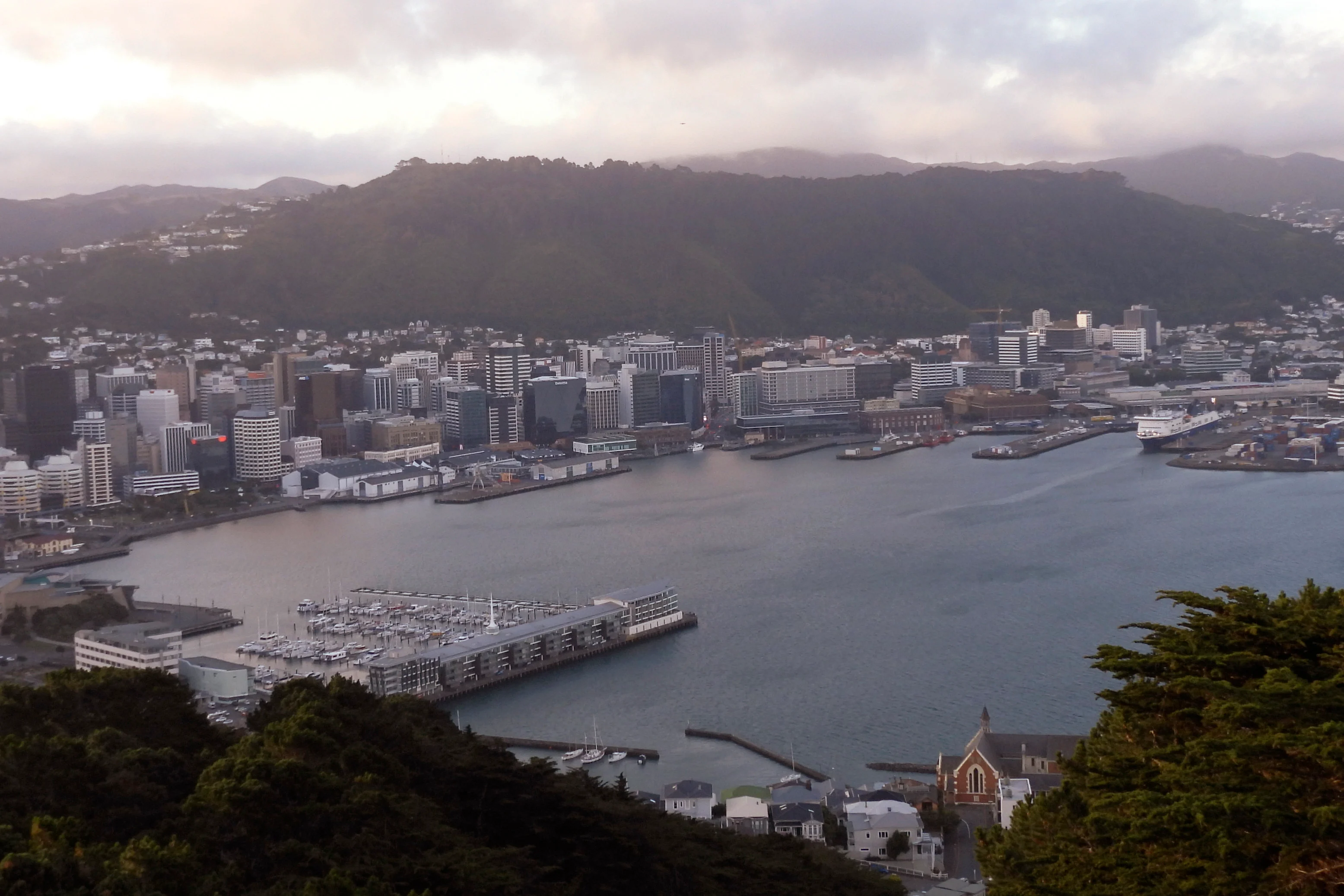By Cheryl Arcibal
New Zealand’s revamped golden-visa programme is likely to lift demand for its luxury homes, as wealthy Hongkongers and mainland Chinese count among the top applicants, according to consultants.
Since the relaunch of the Active Investor Plus (AIP) programme in April, the government has received some 200 applications for the fast-track residency initiative, according to Greener Pastures New Zealand. The top three sources of applications were the US with 85, mainland China with 26 and Hong Kong with 24, according to data compiled by the government-recognised AIP advisory and fund manager based in Tauranga, north of the capital, Wellington.
Although investing in residential property does not qualify for the scheme, those whose applications are approved will be able to buy homes for their own use.
“Almost any number of new high-net-worth individuals buying homes in New Zealand will have a significant impact on the country’s relatively small land and luxury home markets,” said Kashif Ansari, founder and group CEO of real estate broker Juwai IQI. “They will be buying houses in premium suburbs and land for large estates.”
Wellington restricted foreign property purchases in 2018 to avoid speculation and keep housing affordable for citizens. Australians and Singaporeans were the only foreign groups allowed to buy homes in the country until recently.
The AIP programme has two investment pathways. The growth category requires a minimum investment of around US$3 million, directed towards New Zealand businesses or managed funds, over a three-year period, requiring just 21 days of presence in the country over that span. The balanced category involves a broader investment scope of US$6 million over five years, with 105 days of presence required.
Successful applicants gain the right to live, work and study in New Zealand, with a pathway to permanent residency, said Dominic Jones, managing director at Greener Pastures.
“Each visa applicant will come from different backgrounds and have unique situations,” Jones said. “However, our experience is that they are high-net-worth individuals.”
These applicants were “attracted to the New Zealand lifestyle and our relaxed way of life” and were either looking to relocate permanently or to provide themselves and their families with the option of moving to the country, Jones said.
Greener Pastures was working directly with clients in Hong Kong for their AIP applications, Jones said, declining to elaborate.
For UK-based consulting firm Henley & Partners, New Zealand is its seventh most popular immigration programme globally so far this year, with half of applicants coming from the US and about a third being Chinese applicants.
In terms of overall inquiries, New Zealand is 16th, with US nationals again showing the most interest, the firm said in a statement. In 2024, the scheme saw a 151 per cent increase in inquiries and “is on track to match this elevated level this year, if not exceed it”, Henley said.
New Zealand had approved about 100 AIP applications so far, and if even a quarter of those bought homes, it would move the market, said Juwai IQI’s Ansari.
“That would mean 25 luxury property purchases added to a market in which there are typically just 10 to 30 sales of NZ$10 million [US$6 million] or more per year,” Ansari said.
In the first three months of the year, housing demand in New Zealand was “moderately balanced”, with 57 per cent of 44 valuers surveyed by CBRE in March indicating moderate demand and 41 per cent noting soft demand. The rest reported strong demand, the property consultancy said.
Pricing outlook was positive, with two-thirds of valuers expecting house values in their area to increase by up to 5 per cent in the next 12 months, while more than a quarter expected prices to be stable.
CBRE declined to comment on the potential impact of the AIP on the housing market.
Zoltan Morics, the company’s executive director and head of research, said that developing commercial and industrial property qualified as investment in the AIP scheme, as did developing residential property.
“We think the impact will be similar to that of Australia’s Significant Investor Visa,” Ansari said. “Home purchases will be limited to land for rural estates and to houses in the best neighbourhoods and near the best schools and amenities. The middle market and other locations won’t see any impacts. We expect it to have a focused and narrow impact.”
Auckland’s harbourfront suburbs would see the most buyer interest, with Wellington and Queenstown a distant second and third, he said. “Buyers will have different goals depending on their net worth and source country,” he added.
Despite New Zealand being extremely safe, with good education and healthcare, as well as a nice environment, its “geographical remoteness may be a deterrent for globally connected families who still want proximity to major markets”, said Troy Hanley, managing director for private clients at Henley.
“Places like Switzerland, Monaco, the UAE and the US may make more sense for such families,” he said.
